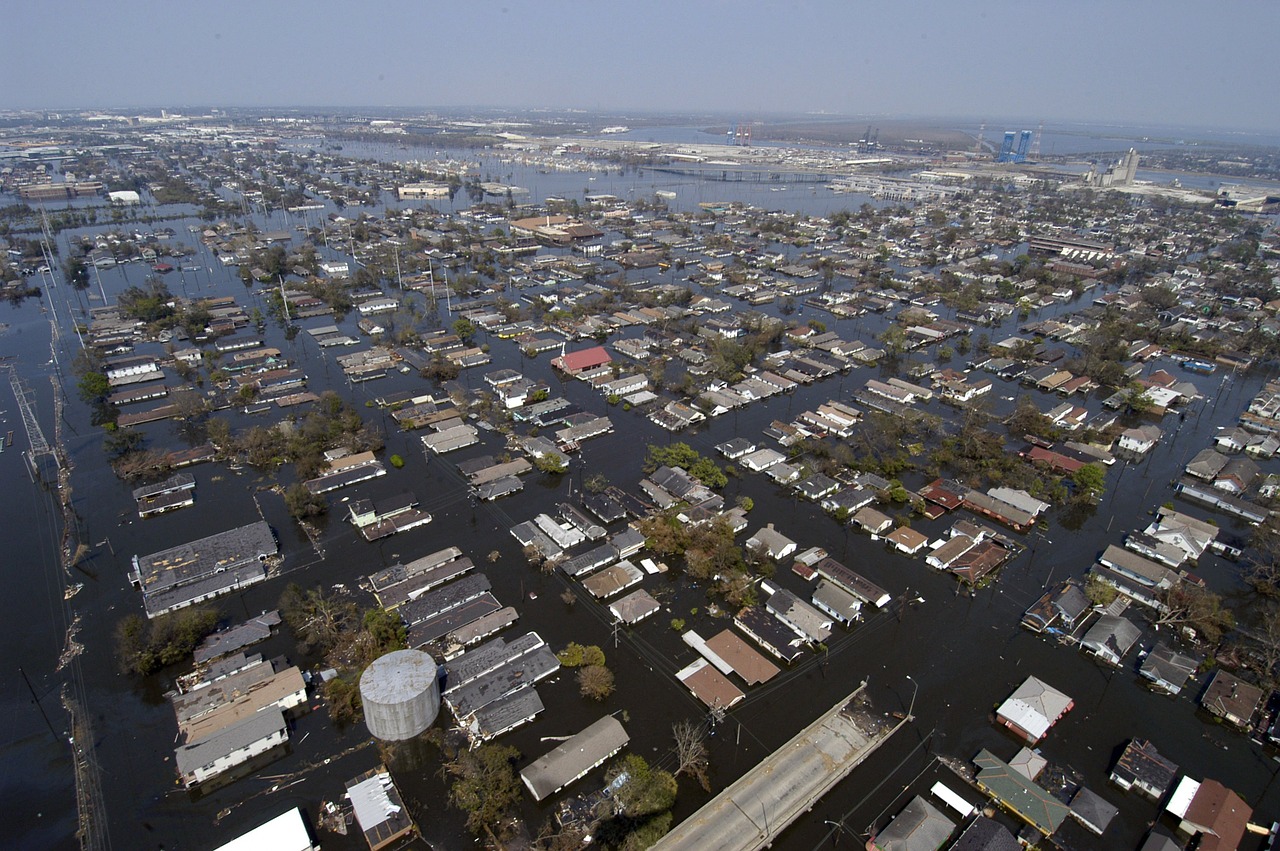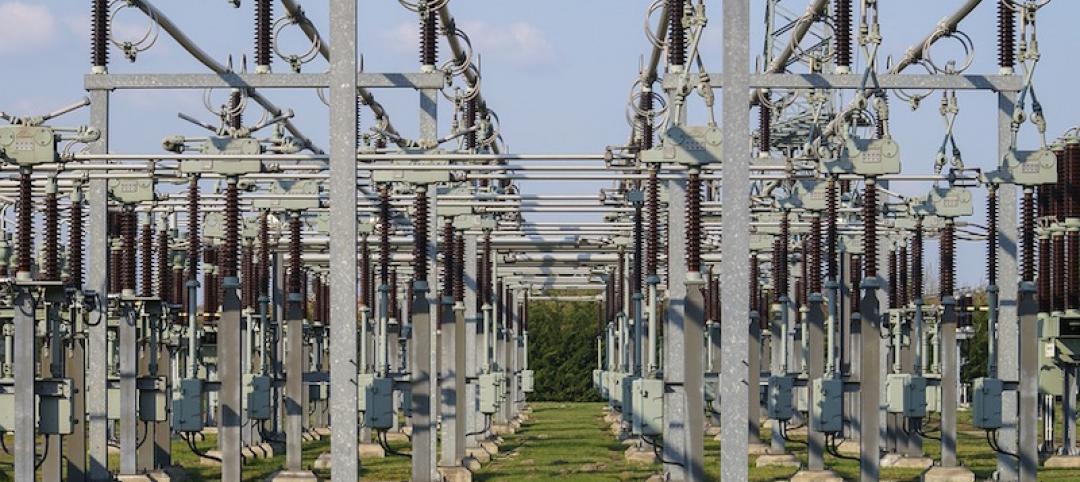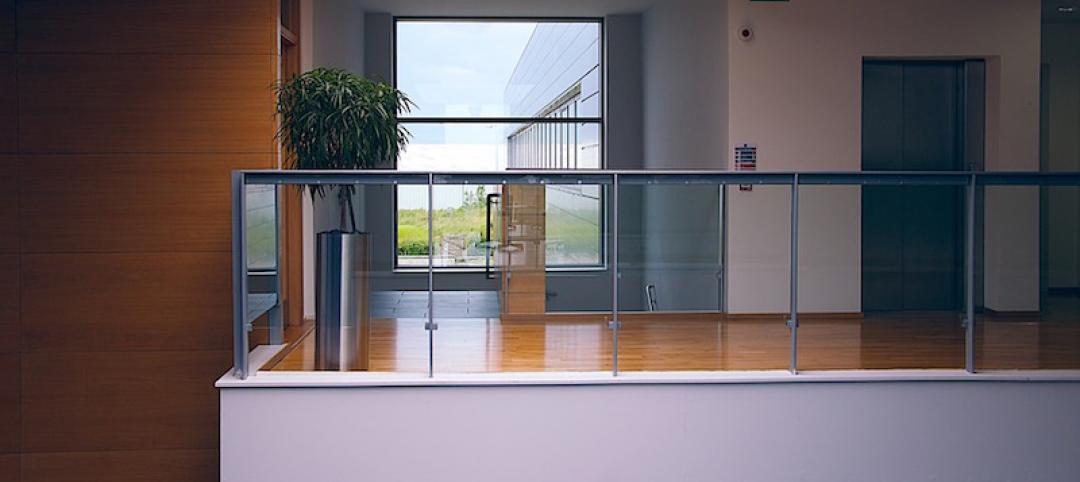Real estate investors are increasingly interested in resiliency plans and management best practices regarding the ability of buildings and developments to withstand severe storms and other natural events.
Potential investors want to know about procedures for identifying, mitigating, and disclosing the risks posed by climate change and natural disasters. Investors care about maximizing rent by minimizing risks, and preventative measures are critical, writes Tony Liou, president of Partner Energy, Inc., a provider of energy efficiency consulting services.
Owners can reduce fire risk by cleaning detritus around buildings, and reduce flood damage by relocating mission critical equipment away from flood-prone areas. Such steps can minimize property downtime that would result from expensive and long repairs requiring the property to be vacated.
Owners should conduct an assessment to determine which mitigation measures to adopt based on costs and the business plan. Then they should analyze whether they have adequate insurance coverage for risks that are too costly to mitigate.
Related Stories
Codes and Standards | Mar 13, 2018
OSHA delays enforcement of beryllium exposure rule
The Occupational Safety and Health Administration (OSHA) voted to delay new beryllium exposure rules until May 11.
Codes and Standards | Mar 12, 2018
L.A. mayor proposes mandatory seismic retrofits for steel buildings, daycare centers, private schools
Los Angeles Mayor Eric Garcetti has proposed a seismic retrofit requirement for vulnerable steel buildings built before the 1994 Northridge earthquake.
Codes and Standards | Mar 8, 2018
Net zero commercial building trend shows strong momentum
Almost 50% more zero energy commercial buildings under construction in 2017.
Codes and Standards | Mar 7, 2018
Dept. of Energy says 2016 ANSI/ASHRAE/IES Standard 90.1 would save 8.2% of energy costs
Favorable comparison to 2013 standard for commercial buildings.
Codes and Standards | Mar 6, 2018
Well Living Lab launches extensive study on how indoor environments affect people’s lives
Factors that impact health, performance, stress and resiliency, sleep, and comfort to be scrutinized.
Codes and Standards | Mar 5, 2018
New guide helps planners assess innovation districts
The document is designed to aid in targeting resources toward innovative and inclusive economic development based on an area’s unique strengths and challenges.
Codes and Standards | Mar 1, 2018
Net zero commercial building trend shows strong momentum
Almost 50% more zero energy commercial buildings under construction in 2017.
Codes and Standards | Feb 28, 2018
AEC industry reported high levels of fraud, cyber breaches, and security incidents in 2017
83% experienced at least one fraud incident.
Codes and Standards | Feb 27, 2018
Smart surface solutions can improve disaster resilience, health and comfort in cities
Stormwater management, water quality, and heat island effect could all be impacted.
Codes and Standards | Feb 26, 2018
Bolstering energy efficiency would produce significant health benefits, ACEEE study says
Reducing energy consumption by 15% would save six lives a day.

















